Yadvinder Malhi
Yadvinder Singh Malhi is Professor of Ecosystem Science at the University of Oxford and a Jackson Senior Research Fellow at… more

🌍🧑🌾🌽🌎🌴🐬🌏🚵♀️🍄🌐👍
Join the Global Expert Consultation to develop
The Nature Relationship Index (NRI) @undp.org
<15 mins to make a difference
anu.au1.qualtrics.com/jfe/form/SV_...
> Deadline: Oct 15, 2025
> Background: rdcu.be/etpiQ

Reposted by Yadvinder Malhi
So I wrote a blog about ten things you can do *right now* to help defeat Farage, Musk, and rightwing populism.
From scrutinising Reform councillors to demanding the UK Govt leave X - get involved:
guyshrubsole.substack.com/p/ten-things...

Reposted by Yadvinder Malhi, Glenn H. Shepard


Reposted by Yadvinder Malhi
Reposted by Yadvinder Malhi

Reposted by Yadvinder Malhi
@ecioxford.bsky.social @oxfordgeography.bsky.social @ox.ac.uk @socsci.ox.ac.uk @orieloxford.bsky.social @britishecologicalsociety.org

Reposted by Yadvinder Malhi

Reposted by Yadvinder Malhi, Laura Pereira

Reposted by Yadvinder Malhi, Erle C. Ellis, Michael Muthukrishna

by Jonathan A. Myers — Reposted by Yadvinder Malhi, Francis Martin, Pieter A. Zuidema
@mobotgarden.bsky.social @livingearthcollab.bsky.social
1/3
www.pnas.org/doi/10.1073/...

psyche.co/ideas/observ...
@naturerecovery.bsky.social
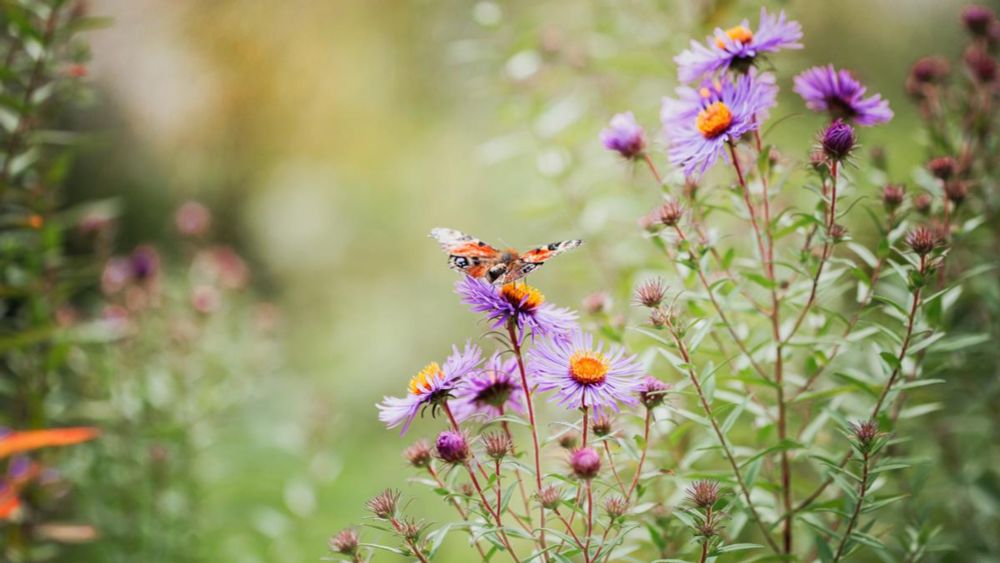

Reposted by Yadvinder Malhi
@ymalhi.bsky.social explains. ⬇️🌍
@ecioxford.bsky.social @ox.ac.uk @oxfordgeography.bsky.social

Reposted by Yadvinder Malhi, Joseph A. Tobias
my.corehr.com/pls/ulivrecr...

Reposted by Yadvinder Malhi, Anurag A. Agrawal
Evolution of leaf venation networks, from fewer, corrugated veins to high vein density and smoother loops. Herbivory as a potential driver of venation architectural changes.
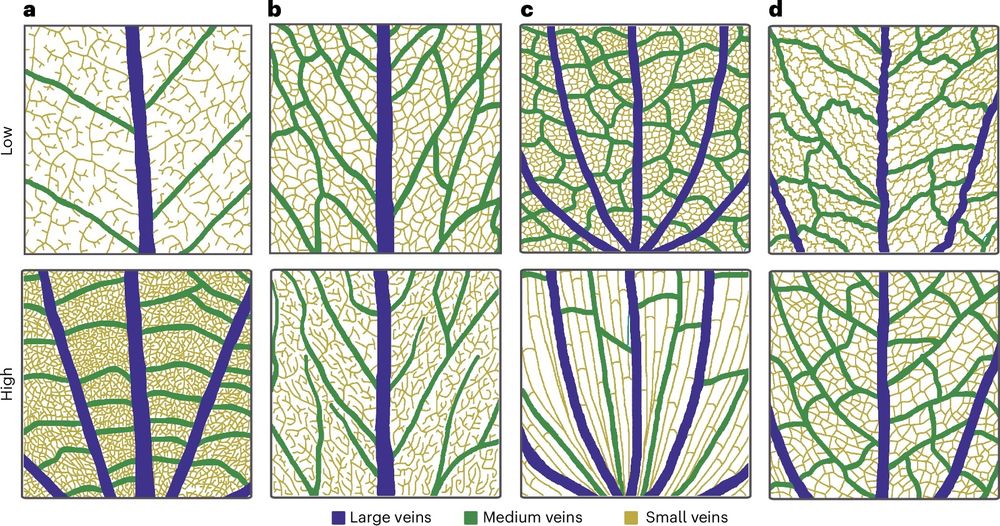
🌍🧑🌾🌽🌎🌴🐬🌏🚵♀️🍄🌐👍
An Aspirational Approach to Planetary Futures @nature.com.web.brid.gy
www.nature.com/articles/s41...
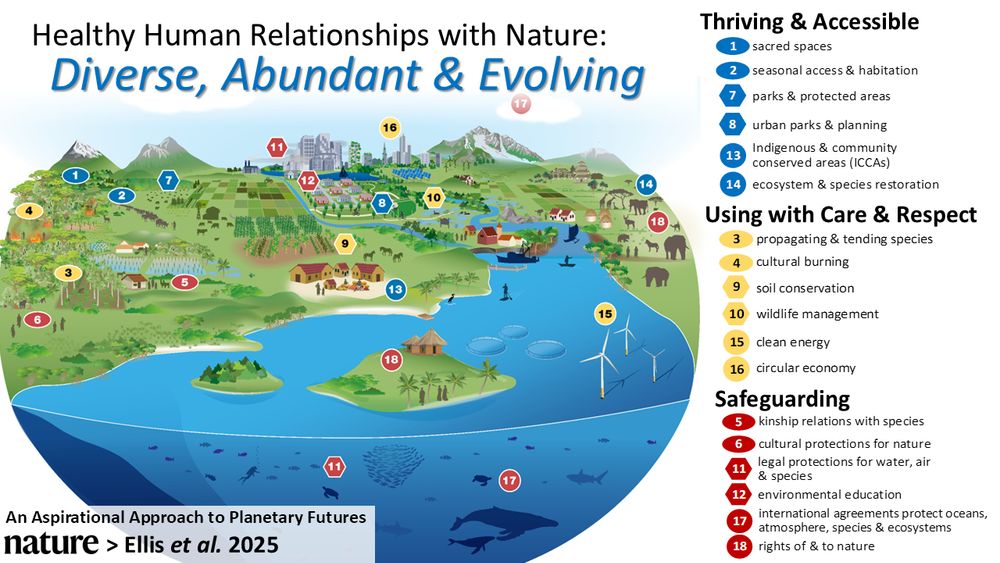
Reposted by Yadvinder Malhi
www.biodiversity.ox.ac.uk/research_sto...
Let us know in the poll below where you stand
@ecioxford.bsky.social @oxfordgeography.bsky.social
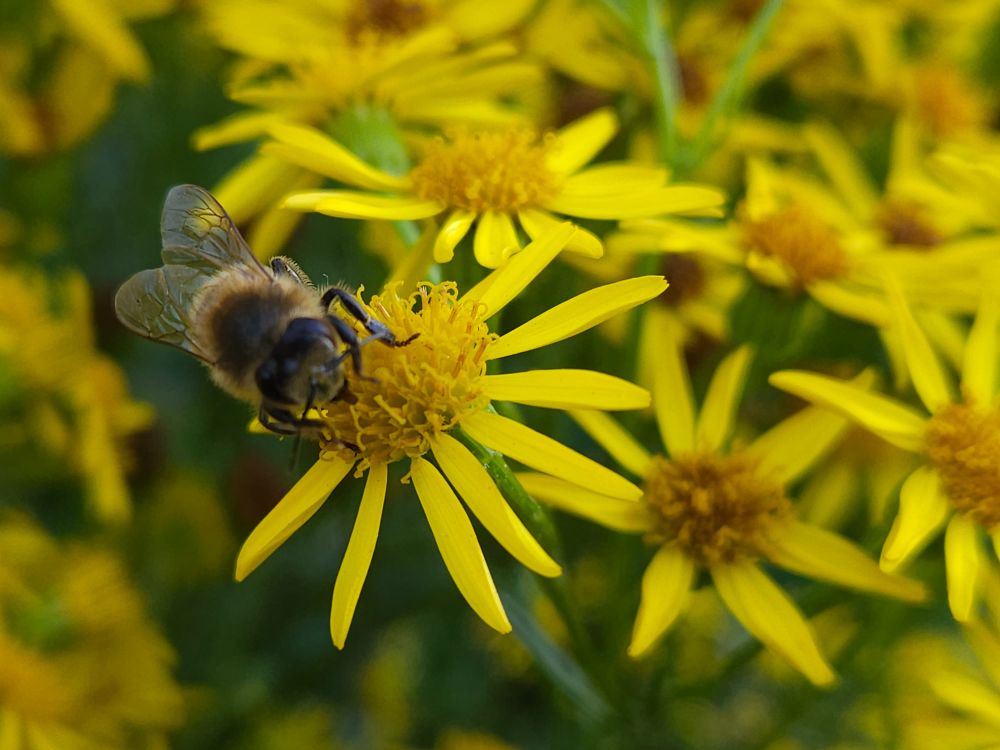
Reposted by Yadvinder Malhi, Mathias Disney

Reposted by Yadvinder Malhi, Ben Bond‐Lamberty
It changes the power dynamic, in every sense of the word 'power.'
www.newyorker.com/news/annals-...

Reposted by Yadvinder Malhi

Reposted by Yadvinder Malhi, Sangeeta Mangubhai
Read more: www.oxfordmartin.ox.ac.uk/news/new-glo...
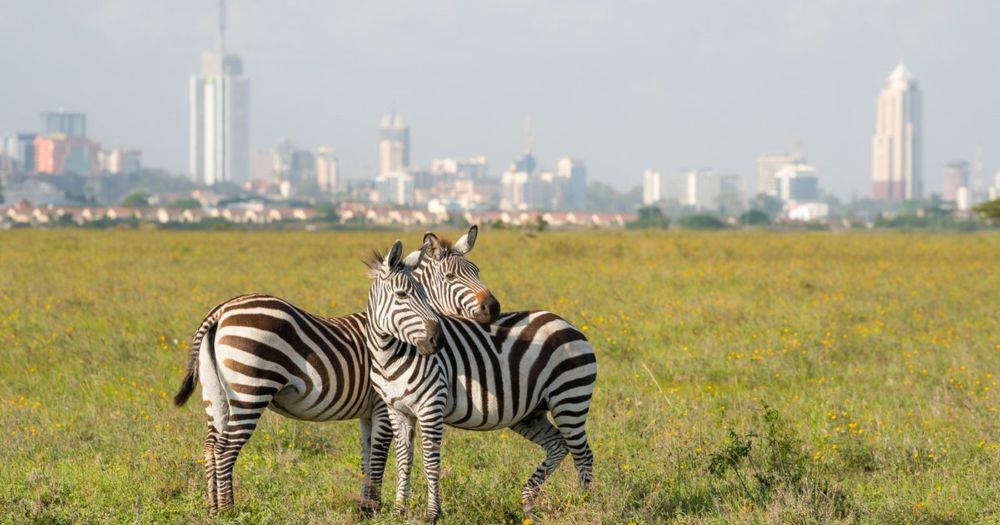
Reposted by Yadvinder Malhi
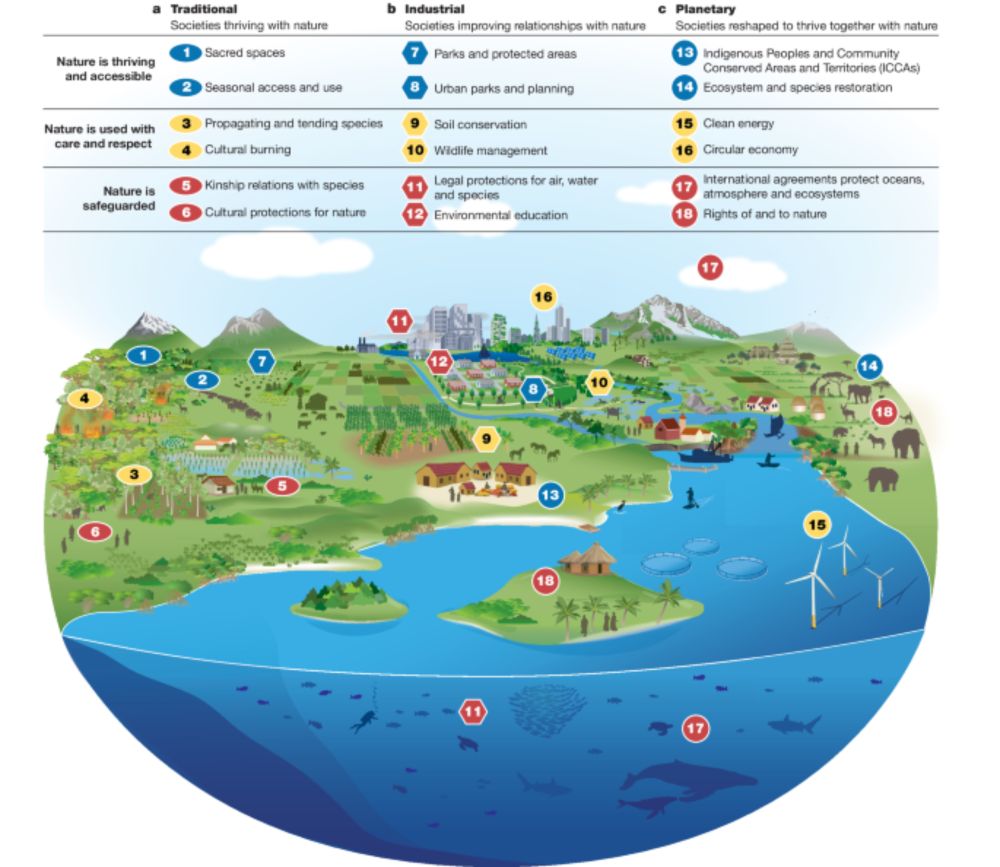
Reposted by Yadvinder Malhi
🔹 Climate anxiety is rising
🔹 Biodiversity is crashing
🔹 “Limits” language often disempowers
But people want clean air, green space, and healthy ecosystems.
The NRI starts from aspiration - not fear. A metric that motivates, not paralyses.
#SustainableFuture
